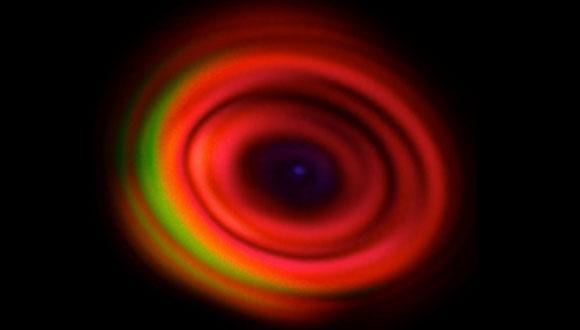LMI Seminar: Towards quantum-photonic circuitry with excitons: from bright single photon sources to photon transistors and photon blockade
Prof. Ronen Rapaport, The Hebrew University of Jerusalem
Abstract:
Quantum photonic applications, such as quantum communication and encryption, quantum simulations, and computation, require efficient generation of single photons as a resource for quantum bits of information, and then strong, well-controlled interactions between photons to perform logic operations on the photons. These goals require engineering of the interactions between light and matter, where matter can supply both the generation of photons, as well as be a mediator for their interactions. In that regard, excitons, which are atom-like quasi-particles made of excited electron-hole pairs in semiconductor quantum heterostructures, are excellent candidates for mediating light-matter interactions in a well-controlled manner.
In this talk, I will present two related projects targeting such quantum light-mater interfaces on chip. In the first project we engineer ultrafast and ultrabright single photon streams generated from excitons in colloidal quantum dots at room temperature. These dots are attached to tiny "lightning rods" that enhance the exciton-photon interaction and extract highly directional single photons at sub-nanosecond time scale. We show how information can be encoded on different degrees of freedom of the emitted photons. In the second project, we utilize strong exciton-photon interactions in optical waveguides containing quantum wells, to hybridize photons with excitons in quantum superpositions (called polaritons). We then show that the excitonic part of the superposition can be polarized by electric fields, yielding a "dipolar photon". These new photon-exciton quasi-particles can now be locally tuned via electric gates and can interact with each other via dipole-dipole interactions, effectively behaving as interacting photons. We show that such dressing of photons results in interactions strong enough to form an optical transistor with a very low photon density, a significant step towards the long-sought goal of a photon blockade and a photonic quantum gate.


